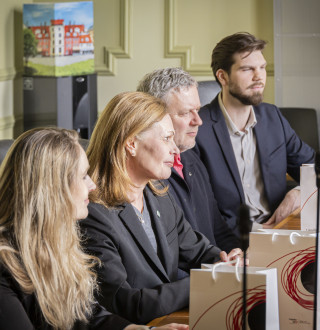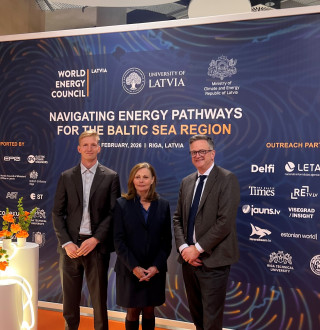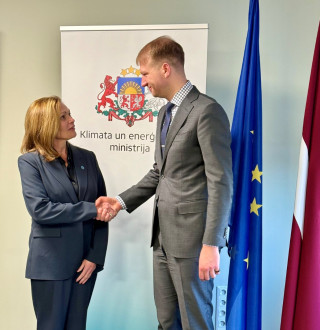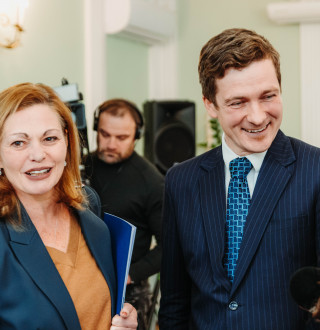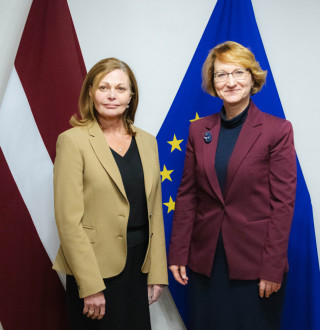Enabling the Digital Green Transition is a new study commissioned by the Nordic Council of Ministers and carried out by a consortium led by the Copenhagen based think tank Mandag Morgen. The outcome being a collection of research-based recommendations for policy innovation. Central to all recommendations are the integration of, and commitment to use, new technologies to achieve more sustainable societies as well as the value created by having the right mindset and future-fit policies. By giving incentives to drive digital green innovation through collaboration across sectors, regions, and countries we can demonstrate real added economical- and environmental value for companies, authorities, and citizens. Although performance differs from country to country, there are obvious potentials to highlight, reports Christian Ingemann, Project lead at Think Tank Mandag Morgen.
A green economy powered by digital innovation is increasingly accepted as a key driver in tackling climate change, sustainable growth, health issues and several more critical challenges to our societies. This holds especially true for the Nordic and Baltic countries. But according to a new report, there is a very apparent policy lag displaying overall low integration between national policies promoting green transition and those focused on digital innovation. It’s time for policy-makers across the Nordic – Baltic region to realize this and get to work.
Rapidly emerging technologies like artificial intelligence, machine learning, blockchain and internet of things, just to name the most prominent, have moved far beyond the initial hype cycles. They are now delivering real life solutions, across sectors, and thereby reducing CO2 emissions. But this momentum needs to be accelerated. As made clear in the latest intergovernmental Panel on Climate Change (IPCC) Report, the speed and scale of the transformation necessary has no historical precedent. The right policies can remove barriers, make better use of resources, and give incentives for companies, researchers, and public institutions to partner up. In short, innovative policy-making can make a crucial contribution.
Harness the value of open green data. Although many Nordic and Baltic countries have national open data portals, the degree to which these include sufficient climate related datasets, and secure convenient accessibility to use and share data, varies greatly. Improving this will strengthen innovation of new digital green solutions for private as well as public organisations and, if proper policies are implemented, accelerate the digital green transition across the Nordic-Baltic region.
Fund digital green collaborators and incubators. The Nordic and Baltic countries display many relevant initiatives that drive innovation across sectors. Some have organised network clusters, where academia, industry, and government partner to test, scale and build “fit to market” solutions. Some also have well established start-up incubators and accelerator programmes. However, more clusters, incubators and accelerators dedicated to entrepreneurs working directly on digital innovation for positive environmental impact is needed.
Digital green competences for all. The levels of skills in the Nordic and Baltic region is high overall but further skills development and, more specifically, strategic competence-building with a committed focus on integrating digital and environmental disciplines and competence areas is needed. This can be done by incentivising Digital Green university programmes and by funding training schemes to reskill and upskill the workforce with both digital and green industry skills.
The digital green transition will only be achieved as a collaborative effort. All Nordic and Baltic stakeholders have an opportunity to step up and do their part to deliver on this momentous challenge, which by all accounts, is also a great opportunity.
